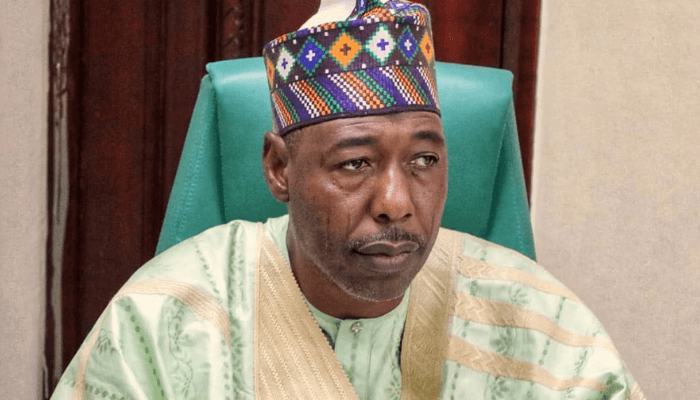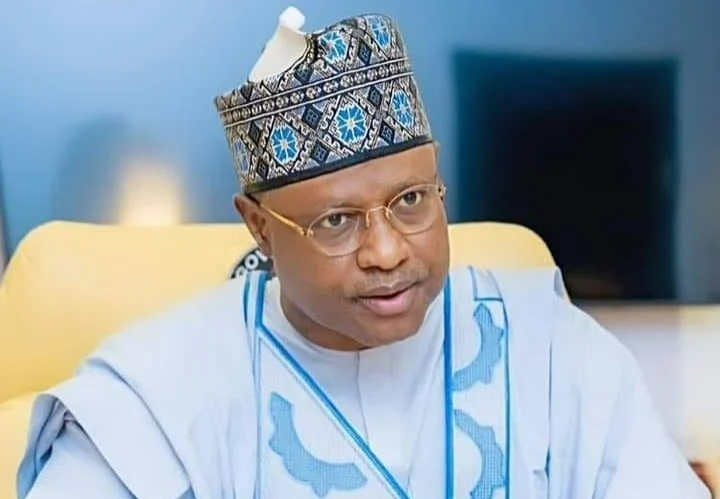The Federal Government has expressed its intention to learn from Egypt’s success in power generation and transmission, describing the North African country as a role model in the energy sector.
It also reaffirmed its commitment to enhancing rural development by improving electricity access across underserved communities.
This was disclosed by the Minister of Power, Adebayo Adelabu, during a recent meeting in Abuja with the Egyptian Ambassador to Nigeria, Mohammed Fouad, according to the statement by Adelabu’s spokesperson, Bolaji Tunji, on Sunday.
The meeting focused on strengthening bilateral cooperation in energy development, with particular emphasis on renewable energy and rural electrification.
Adelabu praised Egypt’s accomplishments in the energy sector, calling the country a role model in energy infrastructure development.
He expressed Nigeria’s interest in drawing from Egypt’s experience in power generation, transmission, and distribution, noting that Egypt’s success influenced Nigeria’s engagements with Siemens aimed at stabilising the nation’s power sector.
Adelabu emphasized Nigeria’s push to provide electricity to remote rural communities through renewable energy solutions, pointing out the high economic costs associated with expanding the national grid to these areas.
“Egypt has made remarkable strides in energy transformation, and we are eager to collaborate and learn from your expertise. Our goal is to ensure reliable, stable, and affordable energy access for all Nigerians.
“Many rural areas cannot be connected to the grid due to economic constraints, but we cannot neglect them. Through our renewable energy programme, we are bridging this gap. We have secured significant investments, including $750m from the World Bank’s DARES project and an additional $190m from the Japan International Cooperation Agency to support this initiative,” Adelabu stated.
He underscored Nigeria’s vast renewable energy resources—solar, wind, and hydro—expressing the government’s commitment to harnessing them to ensure sustainable and widespread energy access.
Speaking at the meeting, Fouad expressed Egypt’s eagerness to collaborate with Nigeria, particularly in addressing the metering gap and sharing best practices for improving energy access.
He noted the shared objectives and mutual benefits of deepening bilateral relations between both countries.











